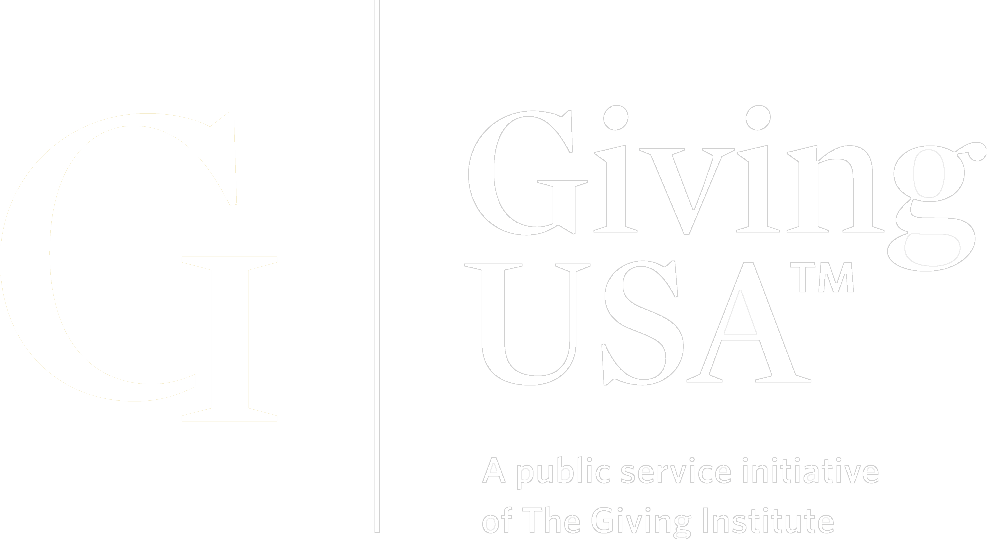News You Can Use
Issue 146/February 2015
Stewardship and Estate Planning
John F. Marshall
Senior Vice President
Say the word “stewardship” and most people immediately envision charitable giving, dropping off food for the poor, tithing at church, and serving others with time, talent and treasure. In its fullest sense though, stewardship encompasses a much broader philosophy, going beyond mere acts of sharing or nurturing, while still embracing both.
Charitable behavior is a spontaneous decision, often limited to and defined by the moment. When the 2010 earthquake hit the impoverished island of Haiti, millions of people around the world gave money, time and personal assistance in an effort to ease suffering. Their efforts reflected a piece of what stewardship is, but it should not be viewed as solely a reactive outpouring of generosity. Rather, stewardship should be considered in every moment and in every circumstance.
Stewardship and estate planning go hand in hand. Good stewardship is a lifestyle and a process, not just isolated actions or individual events. Planning how to do the most good with our resources is integral to excellent stewardship. Estate planning is an essential means by which we can leave behind a legacy of good stewardship. Properly preparing for the distribution of our resources helps ensure that we are thoughtful caretakers even beyond our lifetime……what a stunning prospect!
Unfortunately, there are millions of Americans who take few, if any, measures to ensure that their estates will be used to achieve their highest potential good. Those who do not execute a will or other estate planning tools risk significantly depleting the value of their estate and creating undue burdens for loved ones. In essence, a poor planner is a poor steward.
As you speak with your donors about estate planning and of their role as stewards of their resources, you may wish to share with them the following important questions:
- Are their estate plans current?
- In the event of serious illness or death, who will act as their personal representative or trustee in personal, financial, health and business decisions?
- Have they developed health care directives?
- Have they made arrangements for any potential long-term care needs?
- Will their estate owe federal or state death taxes?
- Have they considered providing for those organizations especially dear to them?
Stewardship and estate planning are truly intertwined. If you would like to discuss ways in which you can share the “good news” of how your donors can create personal stewardship through thoughtful estate planning, please contact me either at jmarshall@jba.flywheelsites.com or at 816.914.3780.
Are you really planning for your organization’s future?
It was projected that nearly $20 Trillion was transferred from one generation to the next in 2014. Yet it is also estimated only 10% of current donors have provided for charity through
their estate plans. Learn more about JB+A’s Futures Program
and help your organization and your donors reap the
benefits of planned giving.”
Consultants Provide Structure and Accountability to Your Campaign
Why is it that people join a fitness club, hire a personal trainer or join a program like Weight Watchers® when they seriously want to lose weight? They could do it on their own. But they know if they invest some of their hard-earned money and enroll in a program where there are regular “checkups” on their progress, they will be held more accountable to achieving their goal.
So it is with fundraising consulting. When volunteers ask about our role in the campaign, we sometimes want to answer, “Well, we’re a lot like Weight Watchers®…” Let me explain:
- We offer suggestions, strategies and techniques.
- We help keep you on a schedule and hold you accountable on your progress toward your goal.
- We provide support, smile and pick you up and brush you off if you stumble.
- We even inflict a little bit of pain.
A well-respected community volunteer and civic leader once said of a consulting firm: “I know they’re expensive. But I can guarantee you if they come for a visit once and we have not done our homework, they won’t come a second time and find us unprepared.”
As consultants, it is really not our job to be the “hired gun” who takes responsibility for all the fundraising for you. Doing so is not in your best interest. The case, the goal and the relationships you build with volunteers and donors are yours, not ours. While it might be tempting to hire a fundraiser to conduct your campaign for you and handle your solicitations, in the end, you would be left with little as the fundraiser packs up with a rolodex full of contacts that he or she has cultivated through the course of your campaign.
Campaigns that are well-planned and executed should build capacity for your organization. Your consultant is there to guide you and your volunteers in a systematic manner – with time-tested techniques and innovative strategies that will help you navigate the bumps and detours in the road.
Your consultant should affirm your goal through a fundraising Feasibility Study and should offer a comprehensive campaign calendar– an action plan with specific timelines and accountabilities. He or she should help you design your campaign organization chart and form solid strategies to fill it with key volunteers. He or she should help construct compelling materials that present your case in terms your donors can easily understand and relate to.
Your consultant should provide adequate orientation (re: training) of your volunteers on successful recruitment and solicitation techniques and should build their confidence in the project and help them overcome potential objections.
Your consultant should help you move the process forward with regular contact with your steering committee and other key volunteers, make periodic visits to monitor progress and help you navigate the unique challenges and opportunities that are part of every campaign.
Finally, your consultant should help you organize a broad solicitation within your “community” and should help you set in place a recognition and stewardship program that will help you retain campaign donors to your annual efforts long after the campaign has concluded.
So, as a nonprofit leader or volunteer, what can you do to strengthen the partnership with your consultant and help ensure a successful campaign?
-
Educate yourself and your volunteers before starting the process
Seek information from reputable sources like the Association of Fundraising Professionals and The Giving Institute on best practices and what to look for in a consultant. Help volunteers understand the campaign process and a consultant’s role.
-
Hire a consultant who is a good match for your organization
If you’ve done your research before seeking proposals, most consulting firms you interview will offer you competent counsel and a strong track record with sound methods for conducting your campaign. What may be more important is that you and your volunteers “connect” with your consultant and feel that the firm’s philosophy and values align with your organization.
-
Engage your consultant early in the process
We believe the Feasibility Study is really the first step in your campaign. It is your first opportunity to preview your plans with top potential volunteers and donors in a way that lets them get involved and become enthusiastic about your project. Your consultant should partner with you in the important steps of planning for this study.
-
Don’t penny-pinch with your consultant’s time
The old adage that “it takes money to make money” holds true with campaigns. A campaign where you are asking the community to invest $10 million, $5 million or even $1.5 million is not the time to cut corners. If you have completely followed items 1 and 2, above, you should have the trust in your consultant to offer a campaign plan that achieves your goals in a cost-efficient manner. Ask your consultant to help you build a cash-flow budget for your campaign that allows you to manage campaign costs in relation to donations.
-
Capitalize on your investment
Recall the advice of the seasoned community volunteer earlier in this article. Be prepared for your consultant’s visit and be open to his or her advice. When staff work in concert with volunteers to make the campaign plan “work,” exciting things happen and success is sure to follow.
Hiring a consultant for your campaign can be a daunting, yet extremely energizing, step in your earliest plans for your campaign. In considering this step, remember programs like Weight Watchers® and how, with the right investment, a consultant can provide you with the right plan, ensure accountability and even inflict a little bit of pain to help you keep on track toward campaign success.
To further discuss how our JB+A consultants can help you and your organization achieve fundraising success, please feel free to contact me at hehlert@jba.flywheelsites.com or at 816.237.1999. And we promise: more fun than pain!


